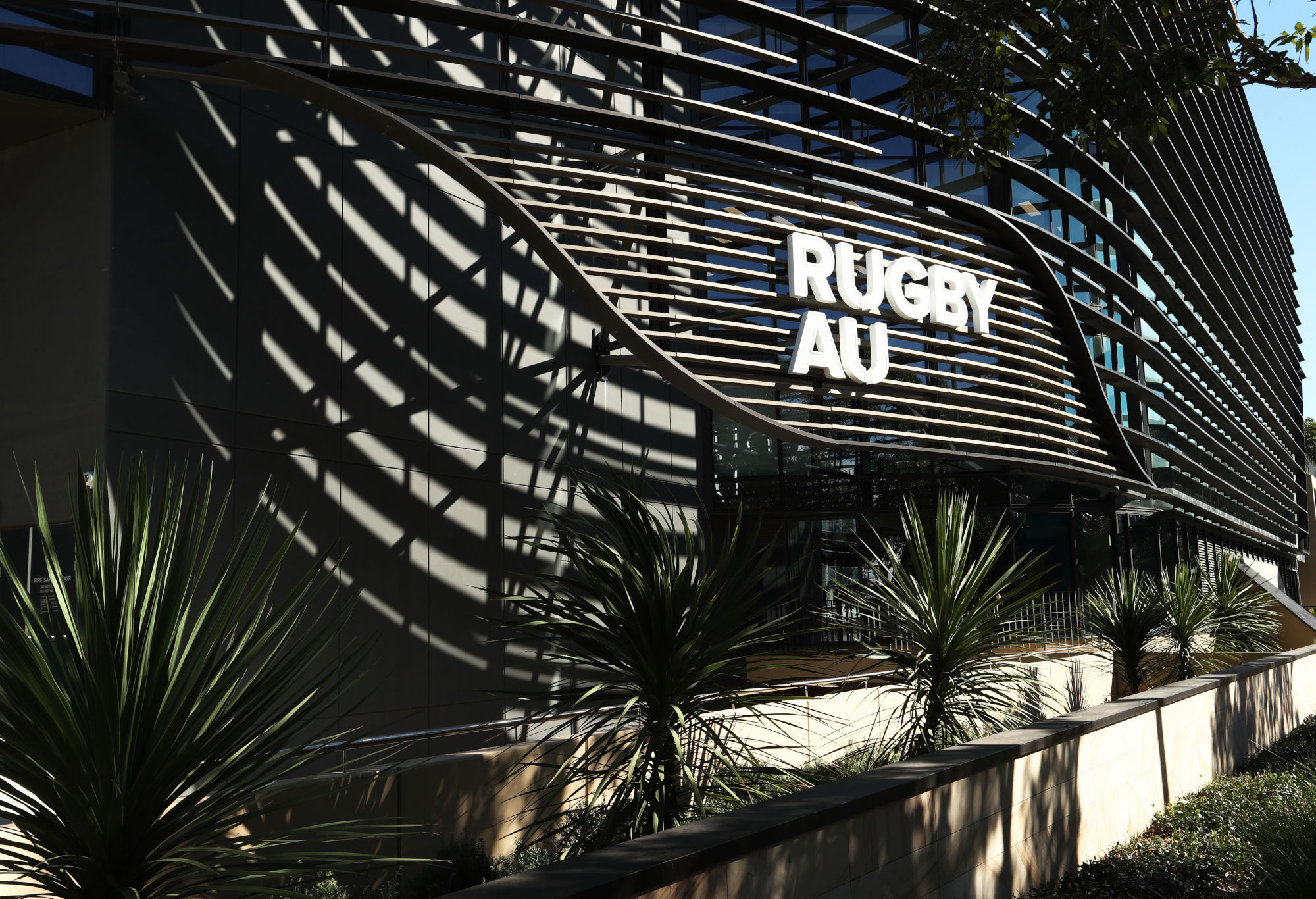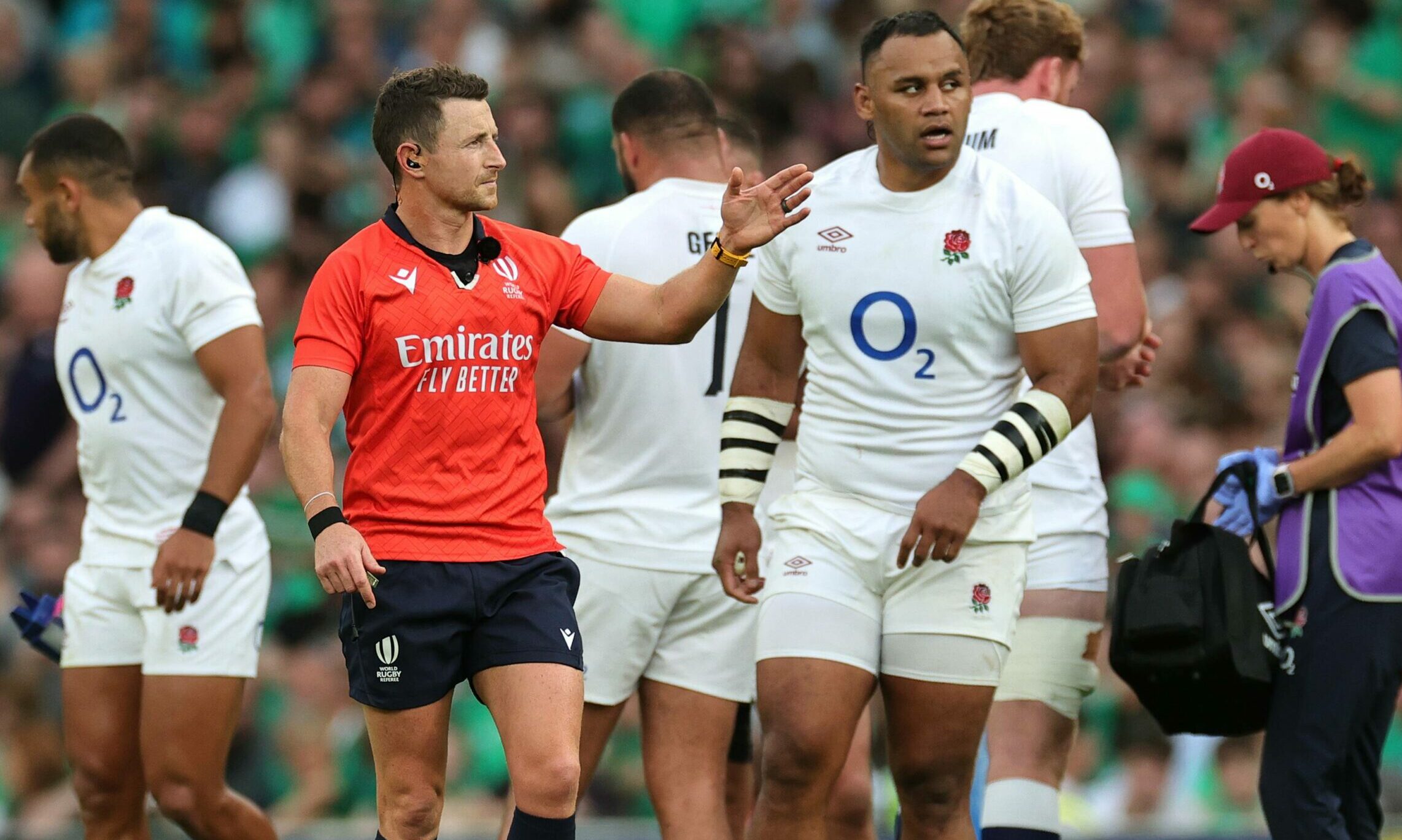Major League Baseball announced this week that it has hired a trio of executives with experience at Bally Sports and AT&T SportsNet to its newly created Local Media department. Doug Johnson has been named senior vice president and executive producer of the department. Greg Pennell joins MLB as their new senior vice president of local media. Kendall Burgess has been named the department’s vice president of technical operations.
“These new hires are an important step in our preparation to address the changing landscape of MLB game distribution in light of the increasing challenges and pressure facing regional sports networks,” MLB chief revenue officer Noah Garden said in a statement within the league’s press release. “The decades of experience and expertise in game production and operations that Doug, Greg, and Kendall bring to Major League Baseball reinforces our commitment to deliver the highest quality game telecasts to our fans.”
Previously, Johnson has spent 16 years at AT&T SportsNet, managing remote and studio productions in addition to overseeing day-to-day and long-term planning of 250-plus annual events. He’ll oversee all games locally produced by MLB. Pennell comes to MLB from Bally, where he oversaw day-to-day financial operations. He’ll handle production operations of all local MLB telecasts, per the league’s release. Burgess, too, was previously with Bally, where she held the same title and provided direction for Bally’s 19 RSNs as they produced more than 4,500 annual sporting events.
All three of the new hires will report to department head Billy Chambers, a former FOX Sports exec whom MLB hired one month ago to lead the fledgling department. The very creation of MLB’s new local media department is reflective of the turmoil currently being felt throughout the RSN industry — a model that appears to be rapidly dying in a content market dominated by streaming services.
Whether things escalate to that point is dependent on the increasingly grim outlook of the two major corporations behind the RSN model. Diamond Sports Group — the corporation that owns the Bally Sports RSNs which broadcast the Angels, Braves, Brewers, Cardinals, Diamondbacks, Guardians, Marlins, Padres, Rangers, Rays, Reds, Royals, Tigers and Twins — has fewer than 30 days to pay off debts or default on those commitments after recently forgoing more than $140MM of payment to creditors.
There’s similar uncertainty regarding AT&T SportsNet, which is owned by Warner Bros Discovery. Last week, WBD announced its intent to withdraw from the RSN model, leaving the broadcast situation uncertain for the Astros, Rockies and Pirates. Per Sports Business Journal’s John Ourand, WBD gave those teams a March 31 deadline to reacquire broadcasting rights before those RSNs file for chapter 7 liquidation. MLB’s Opening Day, of course, is set for March 30.
The Mariners also broadcast games via an AT&T SportsNet affiliate, but as Geoff Baker of the Seattle Times wrote last week, they’re not affected by WBD’s withdrawal from the RSN business due to the fact that the team owns the majority stake in the ROOT Sports Northwest network. Network president Patrick Crumb told Baker that as far as the Mariners are concerned, it’s a “steady state” and “business as usual” for them.
Commissioner Rob Manfred has already gone on the record to state that MLB has the capacity to and is prepared to take over in-market broadcasting, should it ultimately be deemed necessary. The creation of a local media department and the hiring of three seasoned, high-ranking RSN executives meshes with Manfred’s comments about the league’s preparedness to overtake broadcasting responsibilities, if (or when) necessary. Exact permutations of how that might look are surely still being discussed. Rangers owner Ray Davis chatted with Evan Grant of the Dallas Morning News about that very topic yesterday, expressing obvious concern in the short-term while simultaneously voicing optimism that the looming paradigm shift could lead to a larger number of providers broadcasting games and the eventual elimination of a lot of the blackout issues that have been chief among fans’ complaints for years.



















You must be logged in to post a comment Login